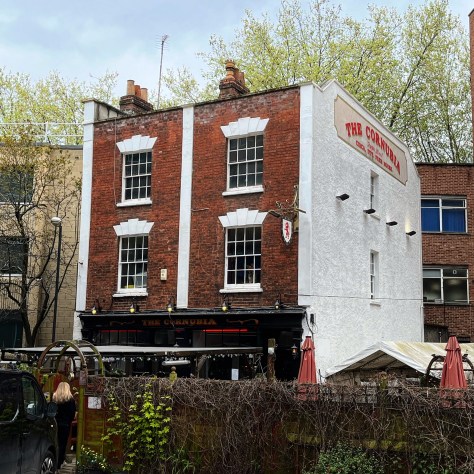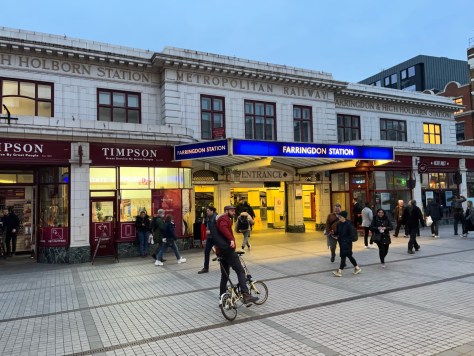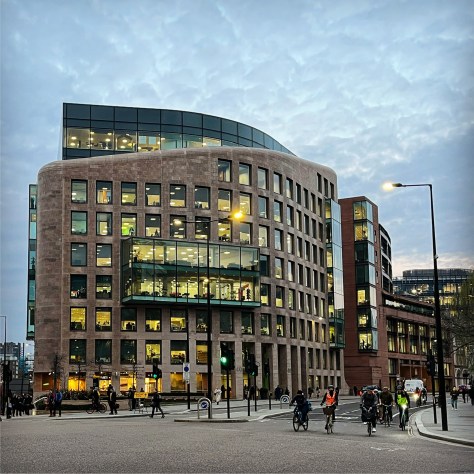Monday morning, I was off to Queen Mary University of London for their VLE Expo. This was very much a QMUL focussed event, though they had invited a range of VLE vendors. I liked how the focus of the event was about, what do we want to do to achieve our strategic aspirations, how will the VLE help us to do that, and which platform (or platforms) will enable us to do that.
There were some excellent presentations from the academic staff on the different ways in which they were using technology including virtual reality, mixed reality and H5P. I sat on the final panel session answering questions from the floor on a range of issues. A lot of the questions were more about the use of technology for learning and teaching, than VLE specific topics. However, I did get into a few discussions about the VLE on the Twitter as a result of attending the event.
Someone just said the VLE is Dead and it wasn’t me… #QMULVLEExpo
— James Clay (@jamesclay) May 9, 2022
I posted another blog post in my Lost in Translation series this time with a focus on the technical aspects of recording videos or audio files.
Most institutions will (probably) have equipment which staff can use, but if there is a strategic approach to building a sustainable approach to the use of video and audio, then universities will need to reflect if they have sufficient resources to support the increased demand for cameras and microphones.

Tuesday I was still in London for a briefing session, well as it happened it got cancelled, so I worked in the office.
Apple have announced that they are going to stop selling the iPod once the current stocks of iPod touch run out. So did you have an iPod and if so which one?

Wednesday, I did two all-staff briefings for two directorates on the Jisc HE sector strategy. From the feedback I got they seemed to be well received.
I was reminded on the Twitter about when I took my bike to work. I made a video back then.
Mike Sharples posted an excellent Twitter thread on how AI can be used to write essays. I agree with Mike, if we are setting students assignments that can be answered by AI, are we really helping students learn?
I enjoyed the #LTHEchat on images in presentations in the evening.
These two blog posts from 2005 (and 2007) were very influential on my presentation style: Gates, Jobs, & the Zen aesthetic and Learning from Bill Gates & Steve Jobs. I also posted a link to a presentation from an internal TEDx event about delivering presentations – A duck goes quack.
Thursday, I made my way to Harwell for a drop in session I was running at the Jisc offices there, alas an accident the closure of the M4 meant I spent nearly four hours sitting the car rather than sitting in a room talking to Jisc staff. In the end I had to abandon my visit to the office.
Friday, I had a scoping call about learning spaces in higher education. Interested in the kinds of learning spaces higher education is using, flexibility, technology and the kinds of activities spaces are being used for.
I found this WonkHE article interesting – Learning design is the key to assuring the quality of modular provision in which Nick Mount talks about building quality assurance into the design of modular programmes and micro-credentials.
Traditional providers can expect to find themselves facing the difficult job of rethinking existing assurance processes that are designed for coherent, longitudinal programmes of study, so that they can accommodate a new pick-and-mix landscape of highly portable and stackable micro-credential learning.
My top tweet this week was this one.
A1 sometime my presentations are just images, no text, no bullets
Thank you Pixabay and Unsplash
— James Clay (@jamesclay) May 11, 2022











































